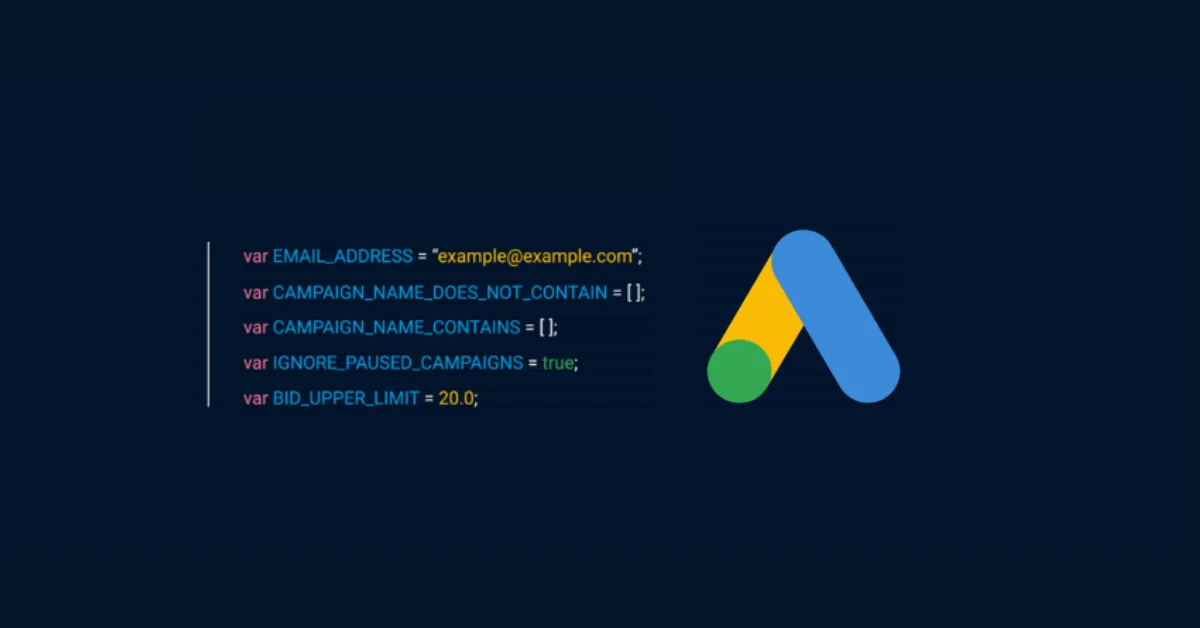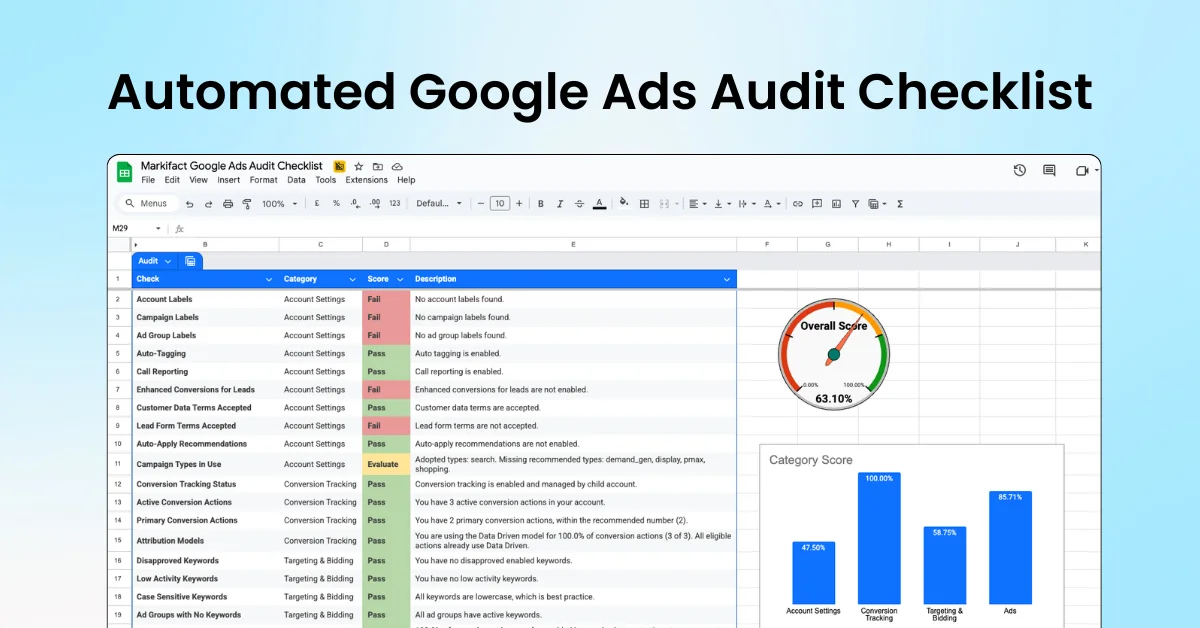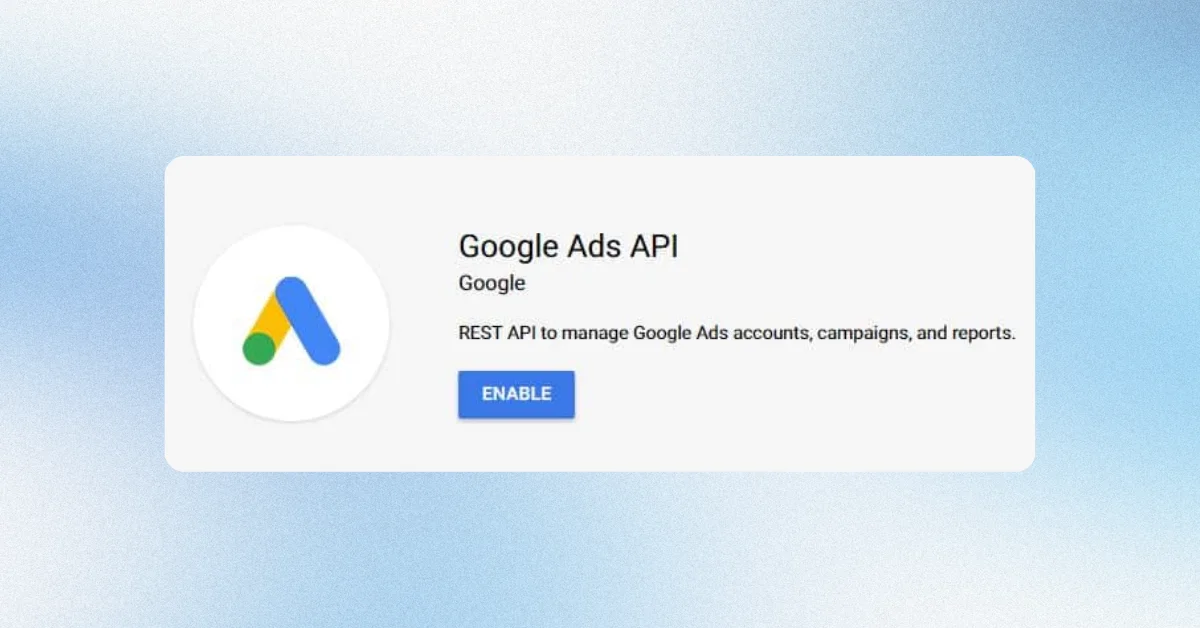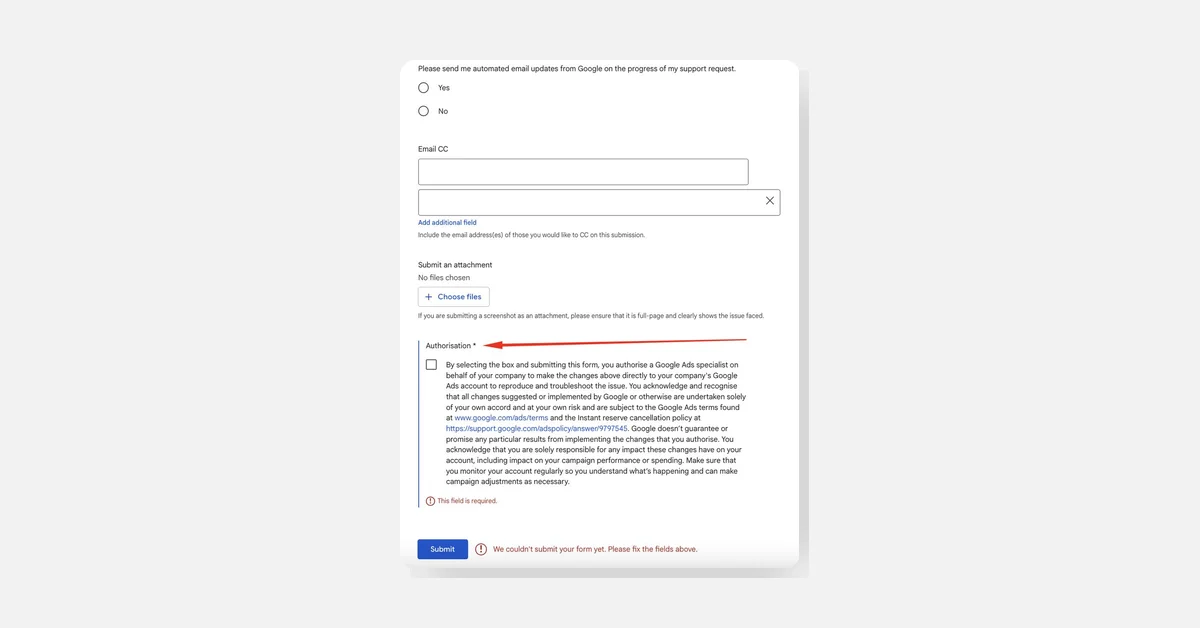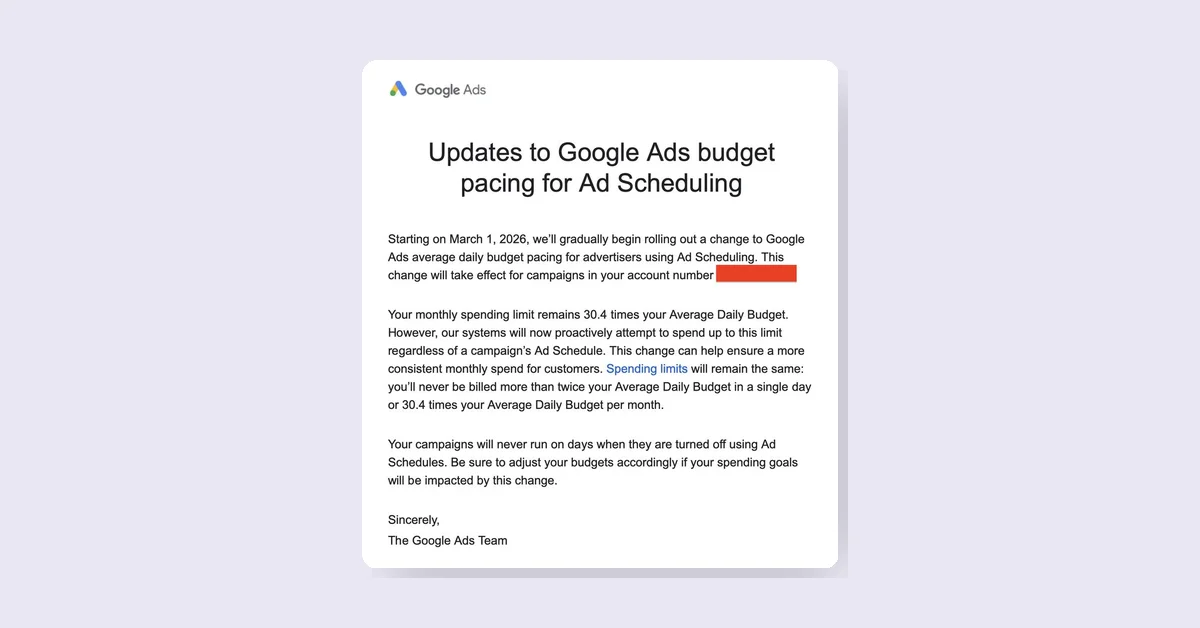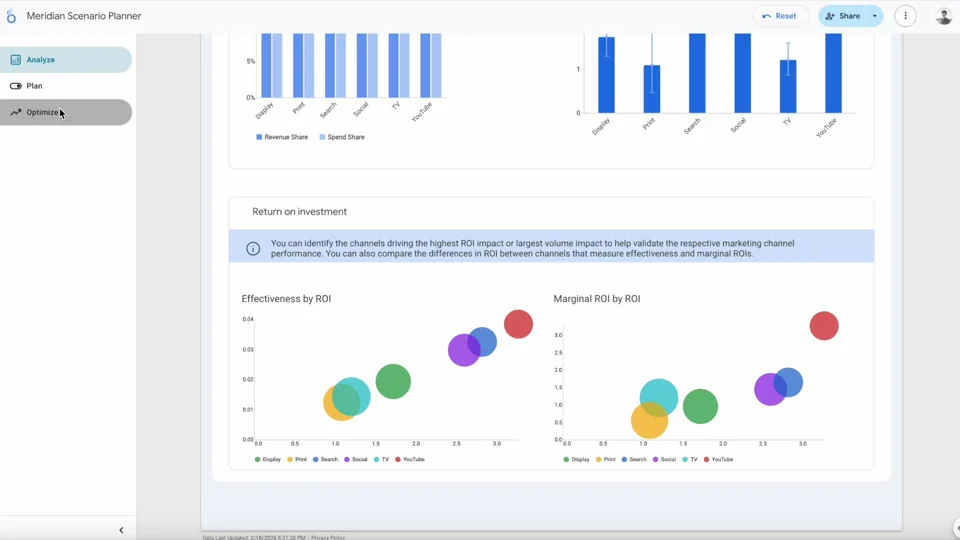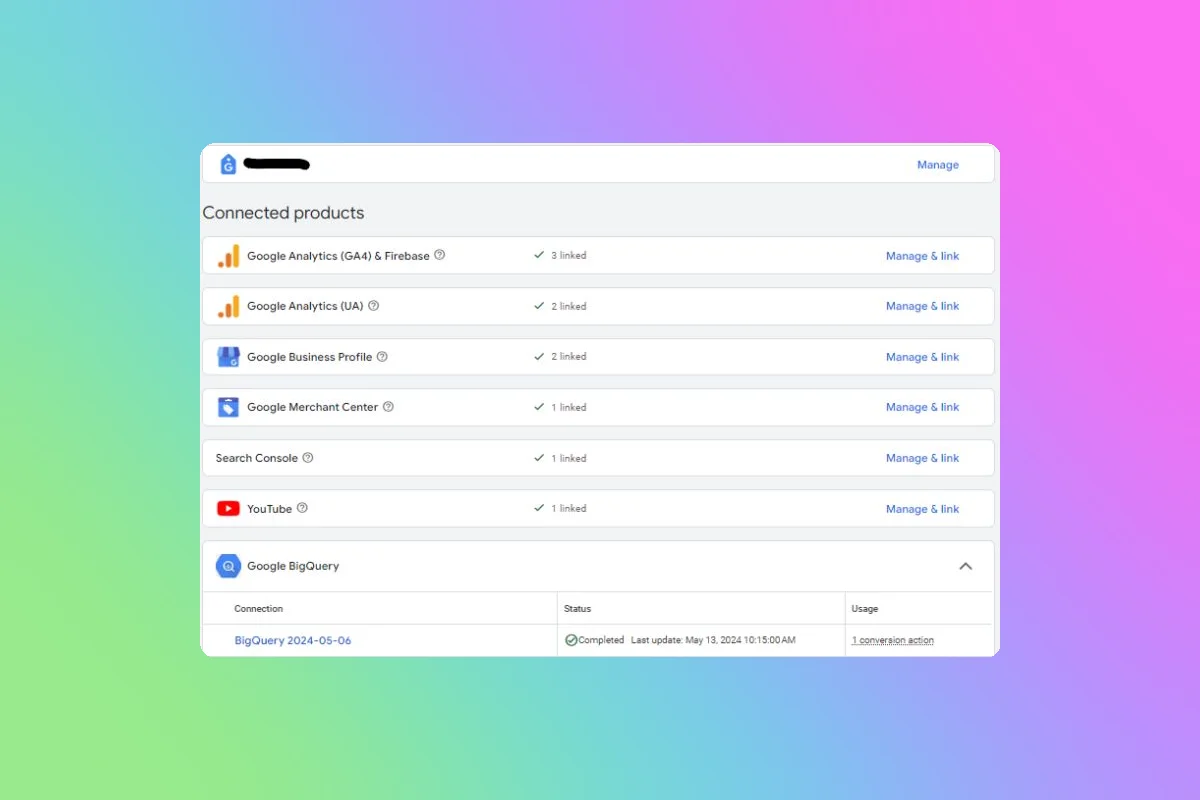Google and the Department of Justice (DOJ) presented their final arguments in the ad tech monopoly case in an Alexandria, Virginia courtroom. The case centers on whether Google’s ad tech system constitutes a monopoly, with US District Court Judge Leonie Brinkema expected to rule by the end of 2024. If Google is declared a monopoly, a second trial for remedies will follow.
Key Arguments
DOJ's Position
- The DOJ argues that Google used its ad tech products, particularly Doubleclick For Publishers (DFP) and the AdX exchange, to dominate site owners and advertisers.
- The government sees three separate ad markets where Google holds dominance: publisher ad servers, ad exchanges, and advertiser ad networks.
Google's Position
- Google contends that it faces competition from other sources and operates in a single, two-sided market of buyers and sellers for digital ads, competing with social media companies like Meta and TikTok.
- Google references the 2018 Supreme Court case Ohio v. American Express, arguing that a single market exists, requiring proof of harm on both sides.
Deleted Chats Controversy
- The DOJ accused Google of deliberately deleting chat messages that could have been detrimental to its case. Google admitted some messages included substantive business discussions but claimed most were casual conversations.
- The DOJ wants the court to assume that the deleted messages would have been unfavorable to Google’s case.
Judge's Concerns
- Judge Brinkema questioned the DOJ’s focus on publishers and ad agencies rather than advertisers.
- She also expressed concern about the lack of clarity on what Google executives were thinking due to the deleted chats.
The outcome of this case will have significant implications for Google’s ad tech operations and the broader digital advertising market.

